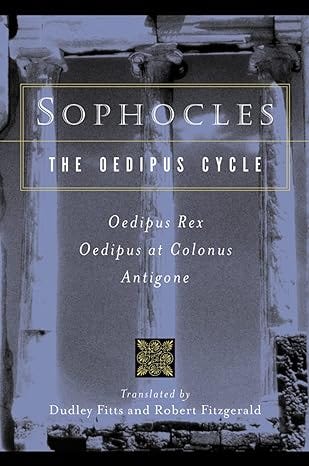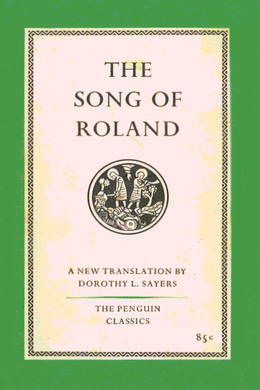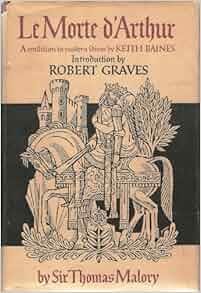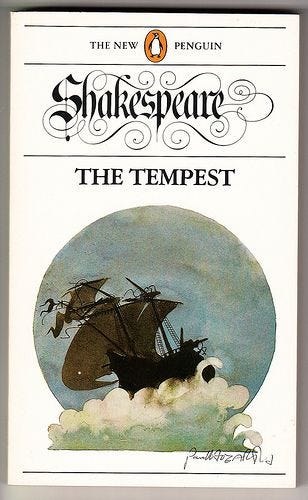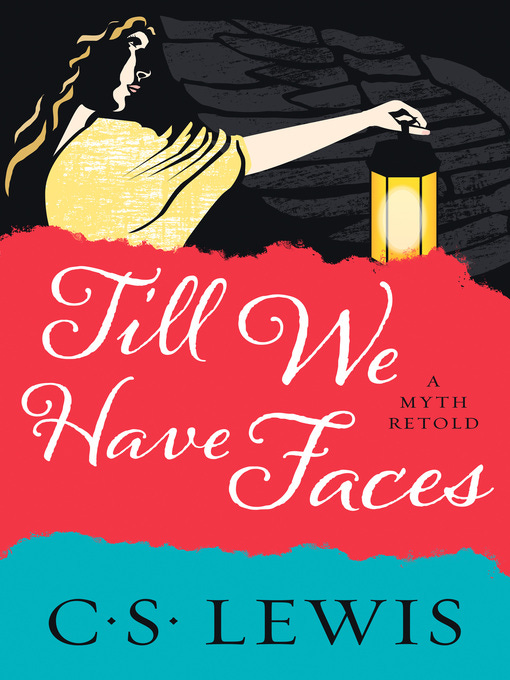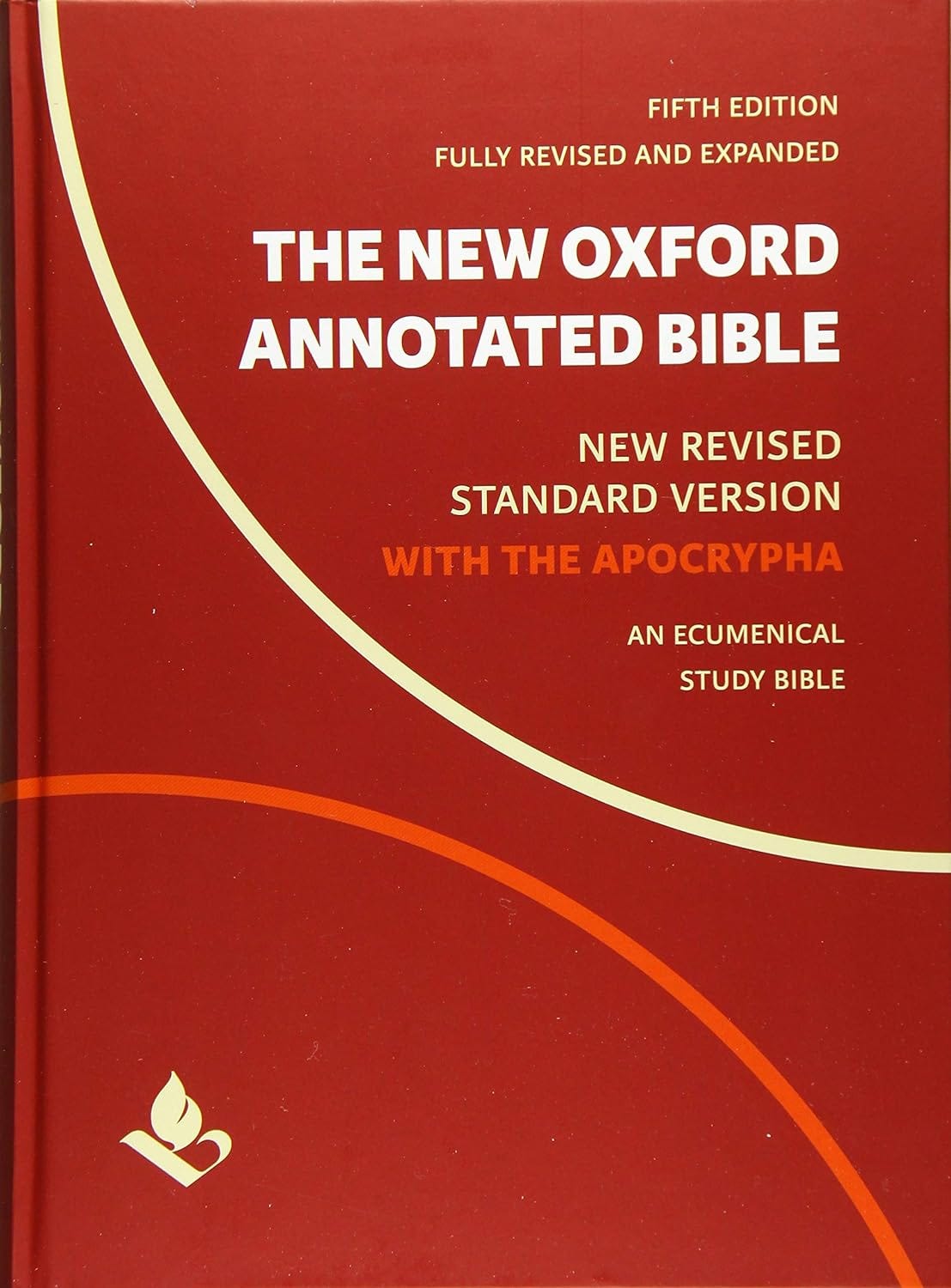10 Books for the Classical Imagination, Pt. 2
Some More Thoughts After 15 Years in the Classroom, cont.
This is the last post in my “Top Ten” series on books for Classical Education. If you’d like to read the previous entries before diving in here, they are listed below:
“10 Books on Classical Education, Pt. 1”
“10 Books on Classical Education, Pt. 2”
“10 Books for the Classical Imagination, Pt. 1”
In my last post, I outlined five imaginative works that I think are essential reading for those interested in classical education. Teachers, parents, administrators, and students would all benefit from digging deep into those works. And I’m inclined to stop at those five and say, “just read these.” I’m not sure that a classical education which avoids those previous entries, intentionally or unintentionally, can really be considered full and faithful. Strong words, I know, but I stand by them.
But I still want to expand on that list with some more examples of how the moral imagination should be shaped in a classical classroom and beyond. So here are five (or six) more books that I would argue should be the bare minimum for anyone interested in classical education. As with my pedagogical list, the division here is not meant to be prescriptive, though starting with #11, and moving through from #1 to #10 could in fact be quite enriching.1
The Theban Cycle, Sophocles
The story of Oedipus gets a bad wrap thanks to Freud, but Sophocles is interested in something beyond the libido, repressed or otherwise. Oedipus is the story of justice, from the gods and from man, and what it means to be righteous in the face of a fallen world. Oedipus’s story is so fundamentally alien to our own, and yet teems with the emotional responses we know so well. I prefer the University of Chicago Press’s translation by Grene, but in its third edition it barely resembles Grene’s original. As translations are “updated” (re: mutilated), it will get harder to find faithful editions that aren’t trying to over-weigh some current political trend. Fortunately, Fitzgerald’s translation is solid and has avoided the political-correctness-police thus far.
The Song of Roland
Another work that is often labeled as propaganda and thus dismissed, The Song of Roland is for Christianity what The Iliad was to the Greeks. What does it mean to be an honorable soldier? To fight for pious reasons? Or to seek the wealth of the State? So much is packed in here, and being familiar with this story will make you familiar with so much more.2 While lots of translations are out there, I really recommend the one by Dorothy L. Sayers if you can get it. Sayers is a gifted translator, and I imagine some would prefer her edition of Dante to Longfellow’s. That’s fine and would be a suitable substitution. but if you want to get the genius of Longfellow and Sayers, reading the latter’s translation of The Song of Roland is an excellent fit.
Le Morte d'Arthur, Sir Thomas Malory
Given the recent focus on expanding the canon to include more female authors, or authors outside of Europe and North America, I imagine some would be for ditching this selection. But, like Russell Kirk, I think there is something of value in studying the connection between England the rest of the world.3 The Medieval world too often gets short shrift in studying the Classics, and I’d argue that Malory is the perfect addition to keep Christendom in the curriculum.
The Tempest, William Shakespeare
If you could only take one author’s works to a desert island, I think it would have to be Shakespeare’s. Which Shakespeare should go on a list like this? The sheer possibilities make it difficult to pick. And while my intuition is to put The Complete Works of Shakespeare in this list, I shall refrain. Instead, I will suggest making The Tempest an essential read (hopefully the first of many). This book combines classical allusions with Elizabethan conventions in a way that enriches the newcomer and those already familiar with the Tradition. You should, naturally, read as much Shakespeare as you are able. But if you have to start somewhere, the tale of Prospero and Miranda is a fine place to begin.
Till We Have Faces, C. S. Lewis
The only 20th century book on the list and the only prose work as well, Lewis’s Till We Have Faces is a brilliant myth that brings the ends of a classical education together into one marvelous story. At once an original story and an old story, Lewis perfectly executes the necessary aspects of good fiction writing, and every reading leaves you certain you will learn more on the next round. While I have only included works that I think must be re-read to really grasp them, this one seems the most naturally built to that end. And since this was one of Lewis’s self-proclaimed favorites (alongside Perelandra), it deserves a serious hearing.
A Genre-Defying Entry
The Bible
While I thought about starting the list with this one, I want to assume that the majority of those interested in Classical Education are either already engaging the Bible or at least recognize it as important. A dangerous assumption perhaps. In my own teaching, no book was more central to the classroom—devotionally, literarily, and historically—and it anchored every conversation in important ways. I recommend using the New Oxford Annotated Bible, New Revised Standard Version which includes the Apocrypha. Regardless of whether a school is Orthodox, Catholic, or Protestant, every book in this edition is worth study and discussion.
There you have it. 22 books which I suggest every parent, teacher, student, and administrator ought to read. It’s a small list, though it undoubtedly looks daunting to many. Spread it out over a couple of years. Read through the list as a book club or a professional development track. But make sure these are in your curriculum somewhere.
But before signing off, I will admit that I’ve left books off the list that many will find unforgivable. Where’s Augustine or Boethius? What about Chaucer or Petrarch? Where’s Austen and Shelley? Tolkien and Sayers? To this complaint, all I can say is, I sympathize. I’m intentionally limited by space here, which means every great book could not make the cut. But, I do hope that anyone who makes it through these lists will continue on with their education, making The City of God, The Consolation of Philosophy, and The Canterbury Tales a top priority.
I think the circular nature of recommendations 1-5, which begins in the Ancient world, moves up to the Medieval, and then returns to the Classical past, works as a whole unit commenting upon themselves and their readers. I also think recommendations 6-10 do something similar.
People are often surprised when I say you have to read Roland to really understand Hemingway’s The Sun Also Rises. But it’s true.
cf. Russell Kirk, America's British Culture (New York: Routledge, 1993).



